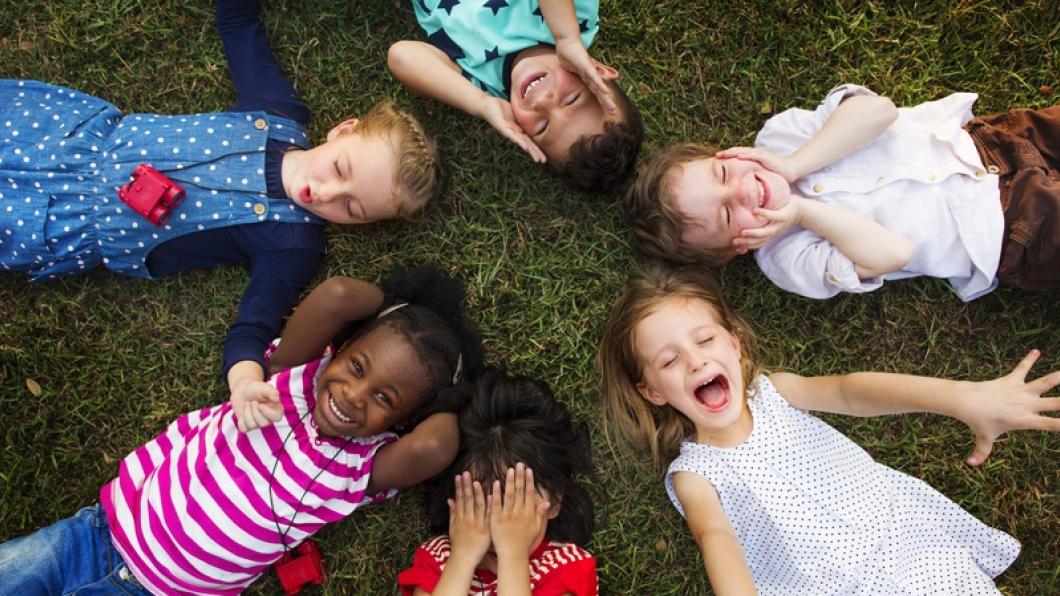
Parents of disabled kids need to watch for 'hidden' sibling depression
By Louise Kinross
Siblings of children with chronic conditions or disabilities are more likely to experience depression than children with non-affected brothers and sisters, according to a systematic review of 34 studies published in the Journal of Pediatrics.
The review, by researchers at SickKids Hospital, was the first to look at the health outcomes of children who have a brother or sister with a physical or developmental disability, or a chronic condition.
"The siblings' depression scores were on average significantly higher," says co-author Dr. Eyal Cohen, a pediatrician at SickKids and co-founder of its complex care program. "We've known for a long time that siblings of kids with chronic conditions undergo stress and there had been conflicting data on how that stress manifested in terms of their own health."
The review studies used clinical scales for depression and anxiety based on reports from the child, parents or clinician. "Something I learned from the study is that a lot of this is hidden under the surface and parents may not be aware of it," Eyal says. "We know that children most commonly experience internalizing behaviours like depression and anxiety, as opposed to externalizing behaviours like aggression or acting out. Children may not vocalize this, and if you're not attentive to it you can miss it."
The studies reviewed "each had their differences, whether it be the type of chronic condition the ill child had, the measured outcome, or the number of participants," says Benjamin Martinez, a third year University of Toronto medical student who led the research.
Benjamin had worked at Campfire Circle (formerly known as Camp Ooch) in Muskoka, an overnight camp for families with a child who has cancer. It includes their siblings. "While screening through studies for inclusion in our review, I was surprised by how far the quality and scale of studies on sibling health have come over the years," Benjamin says. "I hope that researchers continue to explore this area to identify opportunities to screen for and alleviate mental health difficulties in siblings."
Benjamin and his SickKids research team recommend summer camps and support groups targeted to siblings.
"In 2019 we piloted a family camp for families using respite care at Emily's House and partnered with Campfire Circle," Eyal says. "It was incredible. There were activities for everyone as well as respite for the parents and caregivers. We understand our approach has to be on the family as a whole and that's a model I'd like to see expanded."
Holland Bloorview runs a monthly virtual support program for siblings aged seven to 18 where they can meet peers with similar experiences. It's open to all siblings, not just to families who receive care at Holland Bloorview. Once a year Holland Bloorview hosts a panel where adult siblings answer questions that younger siblings have. SibKit is an interactive online booklet designed by siblings at Holland Bloorview and created just for them. You can read this BLOOM story about how it was developed.
The SickKids review notes studies showing positive impacts on siblings, such as greater maturity, empathy and responsibility. "We need to ask open-ended questions about how a family is doing and use a strengths-based approach," Eyal says. "It's important to tease out the positive impacts that occur within the family. It's not one or the other."
Researchers were unable to analyze the impact of having a brother or sister with a chronic condition on siblings' physical health due to a limited number of studies.
Like this story? Sign up for our monthly BLOOM e-letter. You'll get family stories and expert advice on raising children with disabilities; interviews with activists, clinicians and researchers; and disability news.